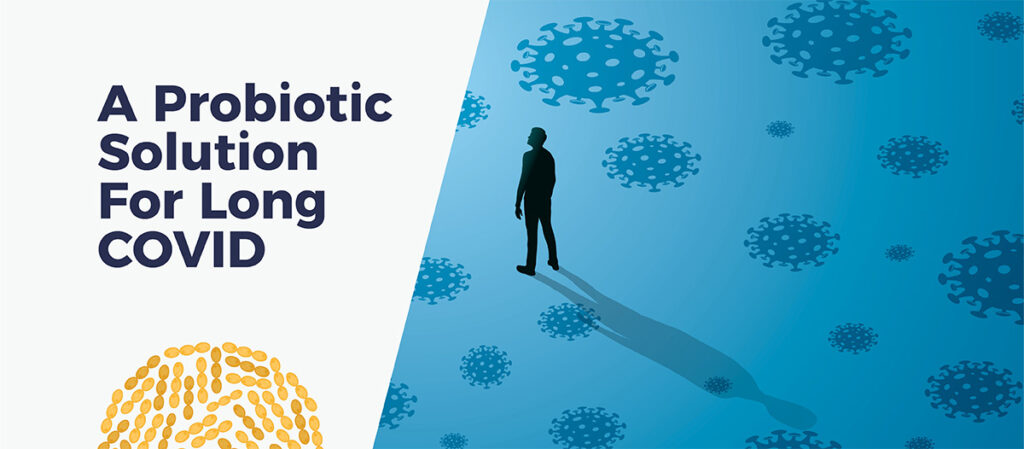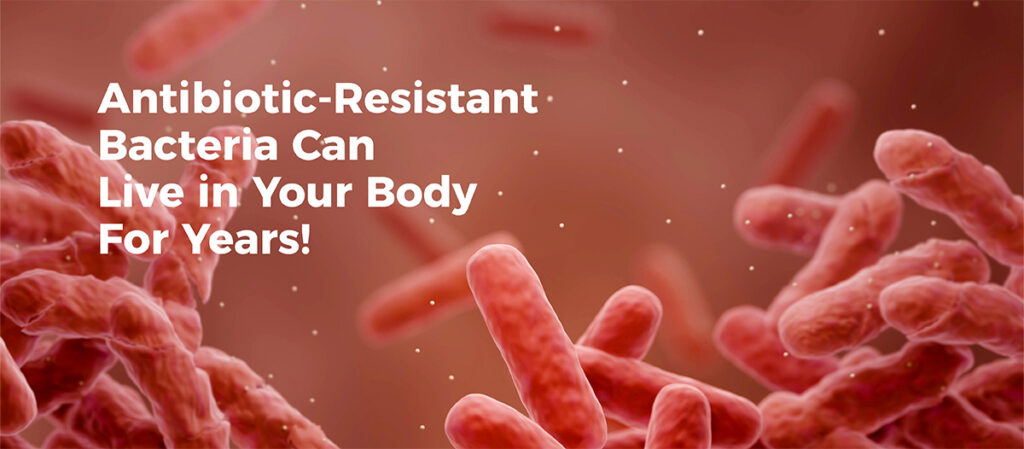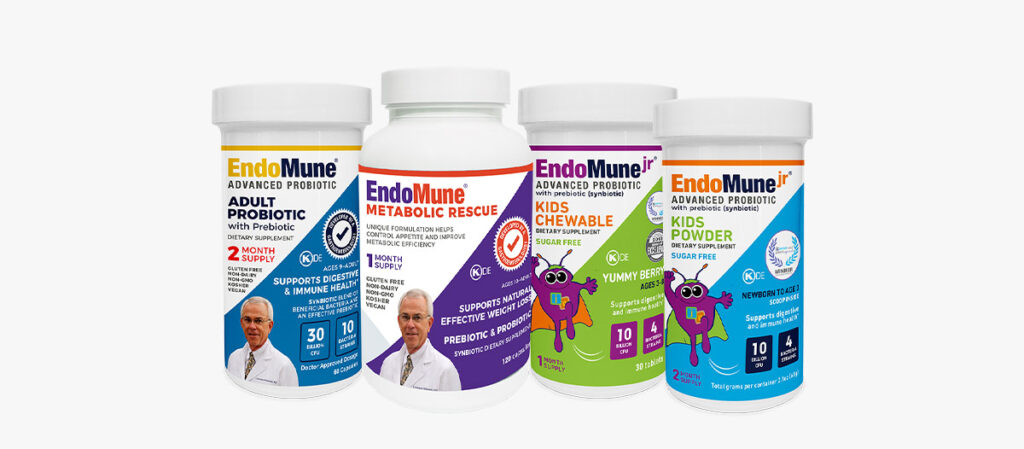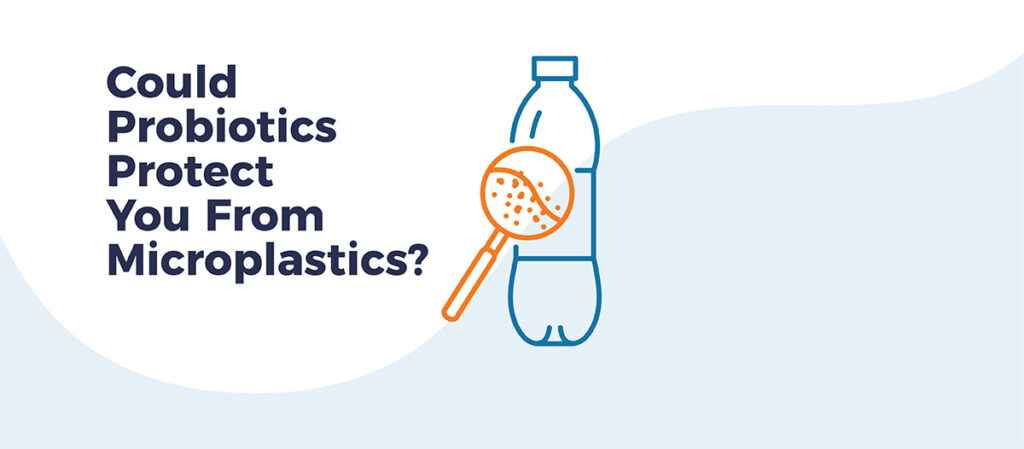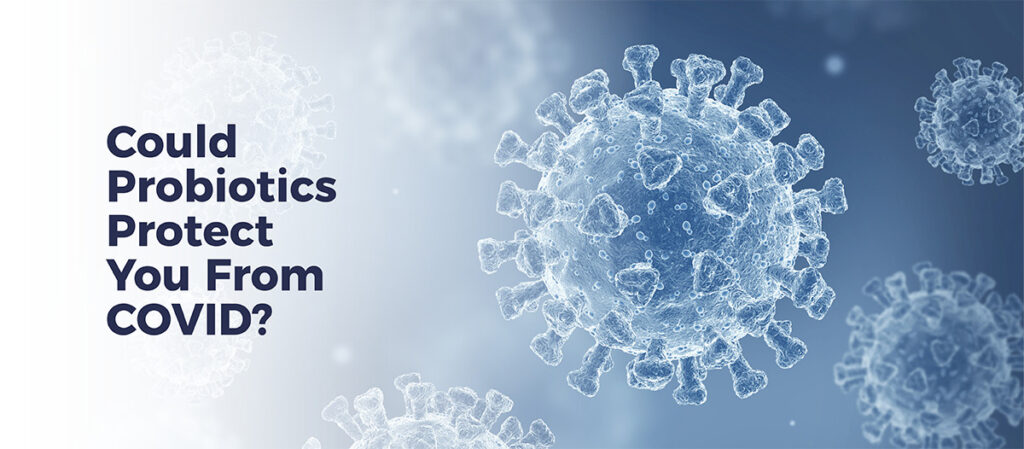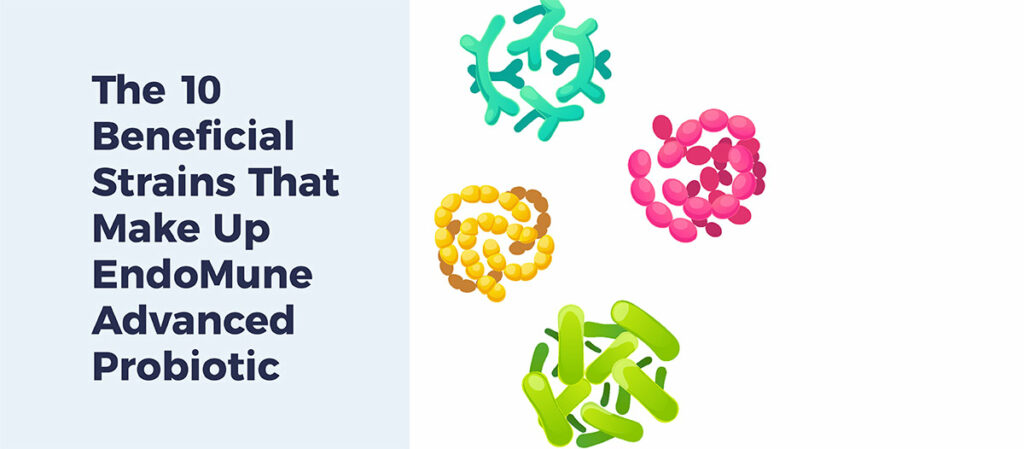Can You Meditate Your Way to Better Gut Health?
Can a meditation practice improve the health of your brain… and your gut?
Meditation is one of the best things you can do to support the health of your mind and body.
Many people use meditation as a drug-free alternative in a myriad of ways, including reducing stress levels, controlling anxiety, improving concentration and supporting better sleep.
No doubt, investing a few minutes each day in a quiet place away from the world to meditate is a peaceful, mindful way to better health.
But, can you meditate your way to better gut health? Let’s travel across the globe to find out…
Let’s meet some Tibetan monks!
A team of Chinese researchers put the powers of meditation to the test with the help of 37 Tibetan Buddhist monks in a study appearing in BMJ Journals: General Psychiatry.
Scientists analyzed stool and blood samples from those monks who had practiced mediation for an average of 19 years, then compared them to samples taken from a control group of 19 residents in neighboring areas.
None of the patients participating in this trial had taken any antibiotics, antifungal drugs or probiotics that would affect their gut health for the previous three months, and both groups were matched for age, diet, blood pressure and heart rate.
You probably won’t be too surprised to learn that the makeup and volume of bacteria in the guts of monks was very different and much healthier, than those found in the control group.
Although the gut health of the monks wasn’t as diverse, their microbiomes were populated in far higher volumes with beneficial bacteria that reduced incidences of depression and promoted better behaviors.
What’s more, meditation was associated with healthier metabolic functions that are critical in protecting the integrity of the gut barrier and better regulating immune functioning.
You don’t need to move to Tibet to protect your gut health!
Despite the good news about the benefits of meditation for your gut health, scientists acknowledged the geography issue with this study.
Tibetan monks live very, very differently than we do. Their diets comprise a more limited range of foods and they live in higher altitudes away from almost all modern distractions.
There’s no doubt that meditation is a great practice that serves as a springboard to cultivate better mental health, but that probably doesn’t mean you can ignore the health of your gut either.
The safest and best way to protect the health and diversity of your gut — whether you meditate or not — is also the simplest, if you take a probiotic formulated with multiple strains of beneficial bacteria like those found in EndoMune Advanced Probiotic.
Resources
BMJ Journals: General Psychiatry
PsyPost
Healthline
Can You Meditate Your Way to Better Gut Health? Read More »


